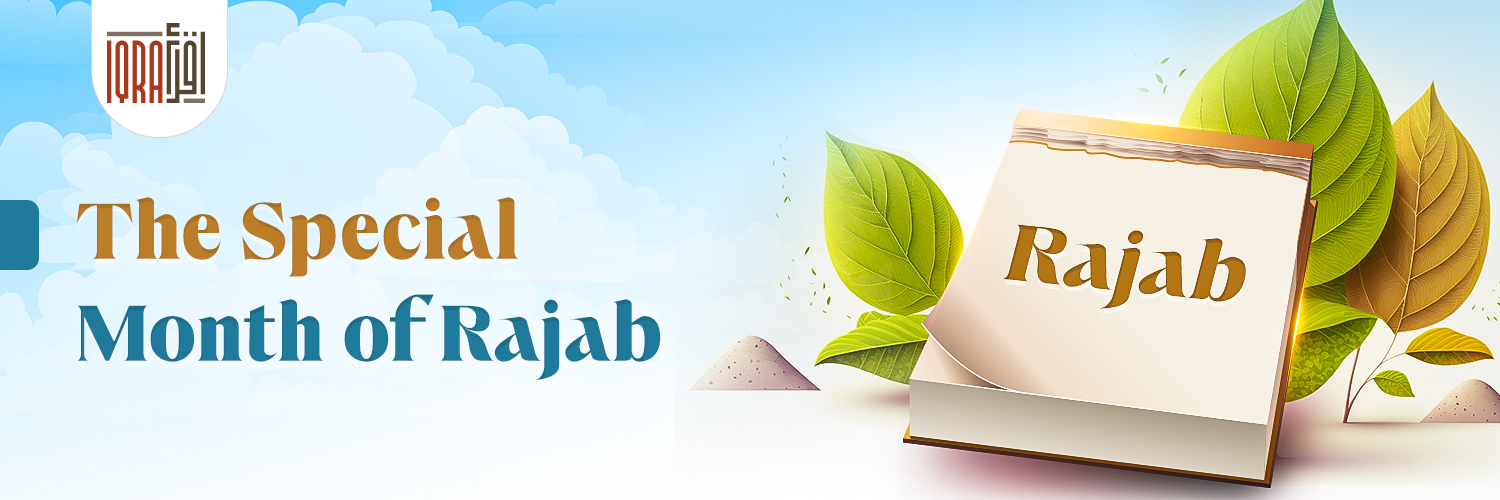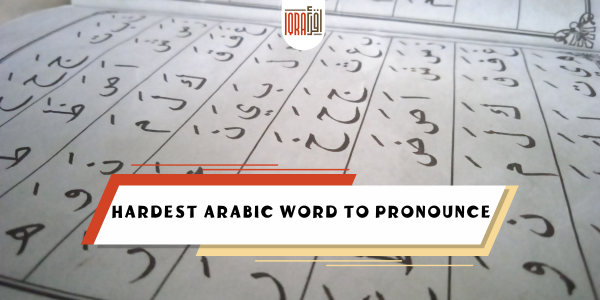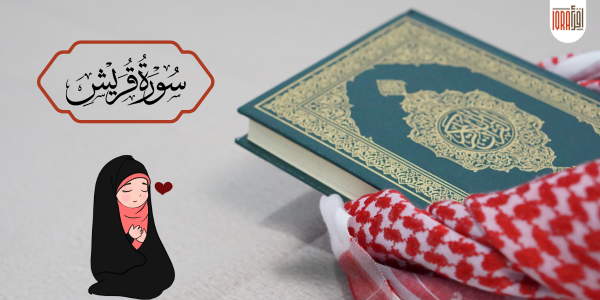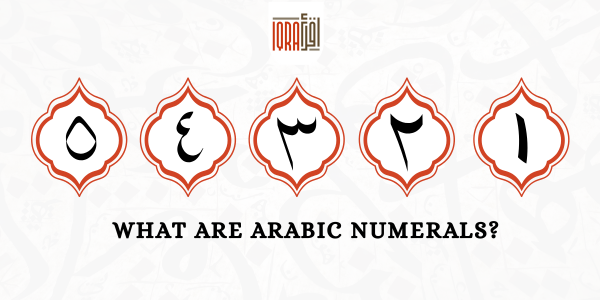Learn About this Sacred Month
Do you know how many sacred months there are in Islam?
If so, do you know what they are? Or better yet, do you know why they are important?
While this may all seem basic to some, it’s not for many of us in the West unless we went to Islamic school as children. Yet, keeping track of the Islamic months is essential for us as believers. Some months are sacred, and we cannot optimize our rewards during these months if we don’t know when they are.
So, how many sacred months are there, and how do we know they’re sacred?
Sacred Months in Islam
There are four sacred months in Islam.
Three of the sacred months are in a row, making it easy for us to increase good deeds. We become more mindful of Allah as we observe these sacred months. The month of Rajab is the 7th month in the Islamic (lunar) calendar. It is the only month that does not come consecutively in order and stands alone.
- Dhul-Qi’dah (11th month)
- Dhul-Hijjah (12th month)
- Muharram (1st month)
- Rajab (7th month)
We know these months are sacred because of the following hadith:
The Prophet (peace be upon him) said. “The division of time has turned to its original form, which was current when Allah created the Heavens and the Earths. The year is of twelve months, out of which four months are sacred: Three are in succession, Dhul-Qi’dah, Dhul-Hijjah, and Muharram, and (the fourth is) Rajab of (the tribe of) Mudar, which comes between Jumadi-ath-Thaniyah and Sha’ban.” (Sahih al-Bukhari 3197)
These four months are also different from others because fighting has been made forbidden (except for defense). Also, sins during this time are worse, but good deeds have rewards that are multiplied!
“Indeed, the number of months ordained by Allah is twelve—in Allah’s Record since the day He created the heavens and the earth—of which four are sacred. That is the Right Way. So do not wrong one another during these months. And together, fight the polytheists as they fight against you together. And know that Allah is with those mindful (of Him).
(Surah At-Tawbah, 9:36)
As we prepare for Ramadan, we are greeted with the month of Rajab – one of the sacred months in Islam!
Historical Significance
Many Muslim scholars and historians believe the miraculous ascension known as al-‘Isra wa Miraj took place a year before the hijra, placing it in the month of Rajab. It is an excellent time to reflect on this beautiful gift given to the Prophet (pbuh) after his trying time, known as ‘the year of sadness.’
The Month of Rajab and Its Other Names
The month of Rajab is the 7th month in the lunar calendar. The word Rajab is connected to respect, honor, and dignity. Rajab has several names, one of them is The Silent Month (Rajab al-Asam). It was called this because during this month, the Arabs would stop all fighting, and there would be no sounds of battle.
In addition, the month of Rajab was called Rajab al-Asab, which means downpour or fast flowing, to highlight Allah’s great blessings and mercy during this special month.
Another name it was known as is ‘the month of sowing seeds’ (Rajab al Murajjab). This means it’s the month we focus hard on planting seeds of good deeds, worship, remembrance of Allah, and supplication for when Ramadan comes.
Here’s a summary of the Arabic names for the month of Rajab:
- Rajab is from the word tarjeeb, meaning to pay respect
- Al-Asam – Silent (deaf)
- Al-Asab – Fast Flowing
- Al-Murajjab – Sowing Seeds
Good Deeds During Rajab
In the month of Rajab, we’re invited to increase our good deeds to purify our hearts. The very blessed month of Ramadan is not far away, and we want to enter it strong! This training allows us to truly seek Allah’s mercy and forgiveness during Ramadan.
Try doing some (or all) of the list below :
- Fulfill any of your obligatory fasts
- Give charity
- Increase in asking Allah for forgiveness (istighfar)
- Recite Quran Increase in remembrance of Allah by glorifying and praising Him (dhikr)
- Avoid intentionally doing wrong or sins (do not wrong yourself)
- Wake up for tahajud prayer
- Help others
- Seeks Islamic knowledge (Learn Quran, Arabic, Hadith, etc.)
- Pay off debts
- Take care of your parents
Dua for the Month of Rajab
In the sacred month of Rajab, we should increase in asking Allah for forgiveness. One of the best ways of doing that is to recite this supplication:
Shaddad bin Aus narrates that the Prophet (peace be upon him) said: “The most excellent way of asking for forgiveness from Allah is: “O Allah, You are my Lord; there is no God except You. You created me, and I am Your servant. And I abide by Your oath and promise [that I may honor it] to the best of my ability. I seek refuge with You from every evil I have committed and, I acknowledge Your favor upon me, and I acknowledge my sin, so forgive me, for surely no one can forgive sins except You.” (Sahih al-Bukhari 6306)
The Prophet (peace be upon him) added that “if somebody recites it during the day with firm faith in it, and dies on the same day before the evening, he will be from the people of Paradise; and if somebody recites it at night with firm faith in it, and dies before the morning, he will be from the people of Paradise.”
اللَّهُمَّ أَنْتَ رَبِّي، لاَ إِلَهَ إِلاَّ أَنْتَ، خَلَقْتَنِي وَأَنَا عَبْدُكَ، وَأَنَا عَلَى عَهْدِكَ وَوَعْدِكَ مَا اسْتَطَعْتُ، أَعُوذُ بِكَ مِنْ شَرِّ مَا صَنَعْتُ، أَبُوءُ لَكَ بِنِعْمَتِكَ عَلَىَّ وَأَبُوءُ لَكَ بِذَنْبِي، فَاغْفِرْ لِي، فَإِنَّهُ لاَ يَغْفِرُ الذُّنُوبَ إِلاَّ أَنْتَ
Allahumma anta Rabbi la ilaha illa anta, Khalaqtani wa ana `Abduka, wa ana `ala `ahdika wa wa`dika mastata`tu, A`udhu bika min Sharri ma sana`tu, abu’u Laka bini`matika `alaiya, wa abu’u laka bidhanbi faghfir lee fa innahu la yaghfiru adhdhunuba illa anta.





0 Comments
Oops comments are disabled